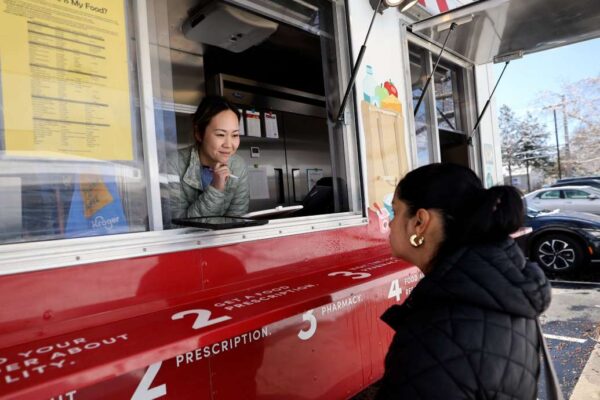1/1/2024
Abstract
Context:
Socioeconomic risk factors have the greatest impact on overall health trajectory. Patients with Medicaid insurance are more likely to experience food insecurity, in addition to poor health and increased health care utilization. Targeted food and produce prescription programs can reduce food insecurity, but sustainable implementation is challenging and evidence demonstrating the impact on clinical utilization outcomes is lacking.
Program:
In 2021, a cross-sector collaboration between Mecklenburg County Public Health, Reinvestment Partners, and Atrium Health initiated a food prescription program in urban North Carolina. A low-cost mass text message campaign was used to identify and enroll Medicaid-insured patients with a history of emergency department (ED) utilization.
Read the Full Article at Journal of Public Health Management & Practice








